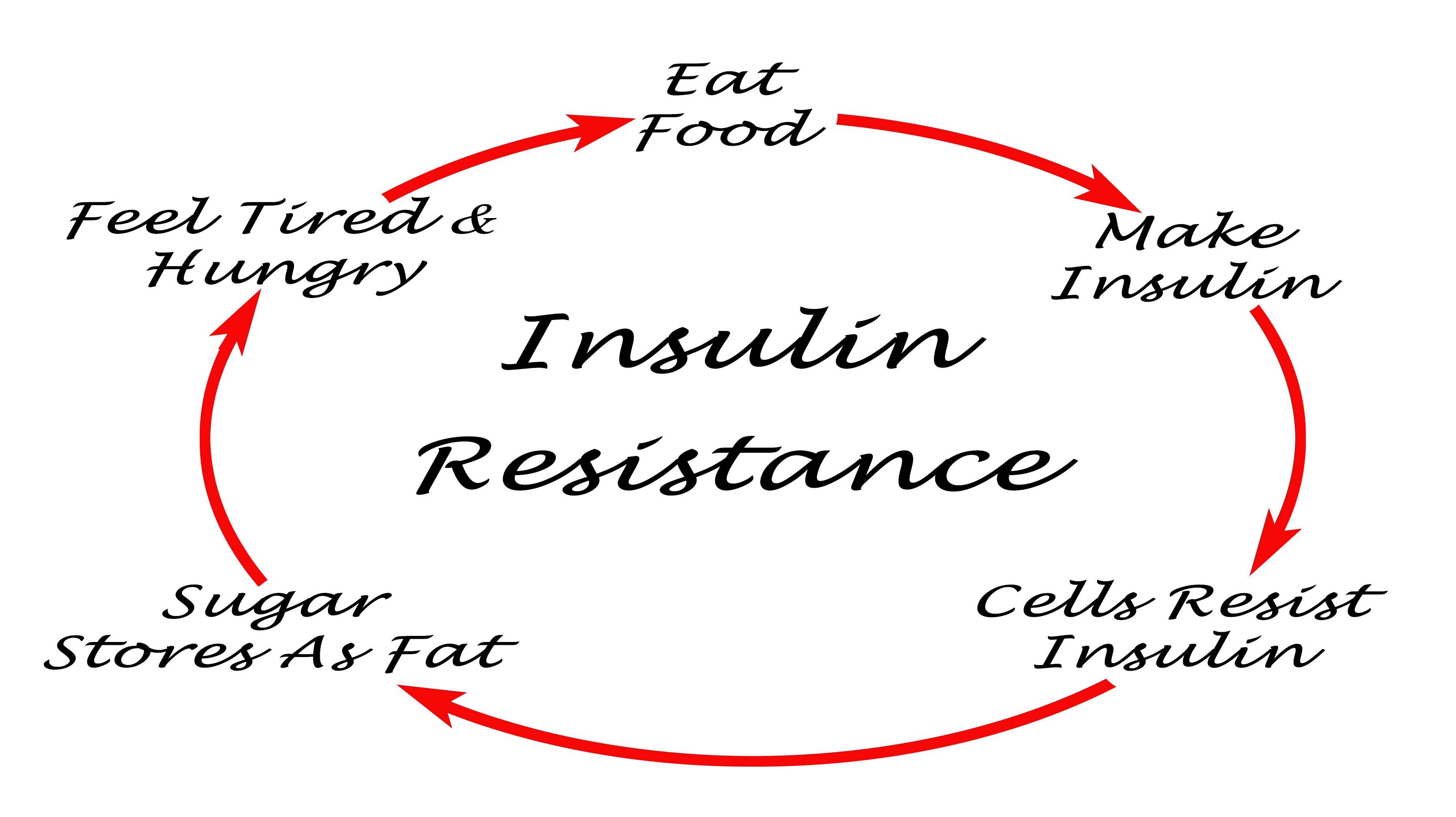
Health Insights
It’s Not Just About Sugar: Understanding the Bigger Picture of Diabetes
Mar. 25, 2025 [Gillette, WY] — On American Diabetes Alert Day, Hoskinson Health and Wellness Clinic’s Endocrinologist and Obesity Medicine Specialist, Dr. Samarth Virmani, provides some insights into our understanding of this metabolic disease
Diabetes is often oversimplified as just a sugar problem, but it's a lot more than that. Genetics, lifestyle, and how our bodies process insulin all play significant roles in this condition.
Types of Diabetes
There are different forms of diabetes, each with its own causes and effects. One of the most common distinctions made in diabetes is between Type 1 and Type 2, however diabetes also includes prediabetes and gestational diabetes— but what exactly sets them apart?
- Type 1 Diabetes is typically diagnosed in childhood or early adulthood. This form occurs when the body’s immune system attacks the insulin-producing cells in the pancreas, leading to a lack of insulin.
- Type 2 Diabetes is often diagnosed in adulthood, typically after age 50. In this case, the body may still produce insulin, but the cells become resistant to it.
- Prediabetes affects about 1 in 3 adults in the United States. This condition occurs when the body’s cells don’t respond properly to insulin, increasing the risk of developing type 2 diabetes.
- Gestational Diabetes develops during pregnancy when hormonal changes cause insulin resistance. This condition can lead to high blood sugar levels during pregnancy and increase the risk of type 2 diabetes later in life.
The Role of Insulin in Blood Sugar Regulation
Insulin is essential for moving sugar (glucose) from the bloodstream into the cells, where it’s used for energy. Without enough insulin or with insulin resistance, blood sugar levels rise, which can lead to long-term complications like heart disease, kidney problems, and nerve damage.

Insulin: Too Much or Too Little?
- Insulin is a hormone produced by the pancreas that helps regulate blood sugar levels. It's essential for converting the food we eat into energy.
- In Type 2 diabetes, the body often enters a phase of insulin resistance where insulin is produced but can't work efficiently. As a result, the pancreas overcompensates by producing more insulin, which can lead to hyperinsulinemia (too much insulin). Over time, this can tire out the pancreas and lead to insufficient insulin production.
So, is there such a thing as too much insulin? Yes, and too much insulin can lead to weight gain and other complications, just as too little insulin can result in elevated blood glucose levels, leading to serious health issues.
The Role of Sugar in Diabetes

Sugar often gets the blame for diabetes, however, the issue isn't about sugar in isolation, it's about balance and the type of food consumed.
Sugars are carbohydrates, and when consumed in large amounts without fiber or protein for instance, can spike blood glucose levels. This is particularly problematic for those with insulin resistance or Type 2 diabetes.
For example, sugary foods like sodas and candies can raise blood sugar quickly, while more complex carbohydrates, such as whole grains or vegetables, provide slower, steadier releases of energy without causing drastic blood sugar spikes.
So, while sugar is a contributing factor, it’s not the sole issue. The balance of macronutrients—proteins, fats, and carbohydrates—plays a significant role in managing blood glucose levels.
Debunking Diabetic Myths
One of the most damaging myths about diabetes is that it's solely a result of lifestyle choices or being overweight. Weight can influence the risk of diabetes, but it is important to recognize that genetics, socioeconomic status, environment, and even stress all play a part in the development of the condition.
- Genetic predisposition: Some people may have a higher risk of developing Type 2 diabetes due to genetic factors.
- Socioeconomic factors: External influences can affect your risk of developing diabetes, with those in lower-income areas often facing additional challenges like limited access to education, healthy food and healthcare.
- Stress: High levels of cortisol, the stress hormone, can contribute to insulin resistance and increase the risk of diabetes.
Not a Life Sentence, But Lifestyle Matters
Several factors influence diabetes. While medications can help manage diabetes, the real key to long-term success lies in lifestyle changes. Changes in diet, exercise, and stress management can make a significant impact on controlling diabetes. Studies have shown that a combination of exercise and dietary changes can sometimes be as effective as medication in controlling blood glucose levels.
Diabetes management involves not just treating the condition but addressing the root causes—such as insulin resistance, inflammation, and metabolic dysfunction. Emphasizing a holistic approach that includes healthy eating, regular physical activity, and stress reduction is essential for lifelong diabetes management.
Understanding how diabetes works encourages more people to seek help early and increase their chances to lead a healthier life. It also helps reduce the stigma that surrounds this complex but manageable condition.